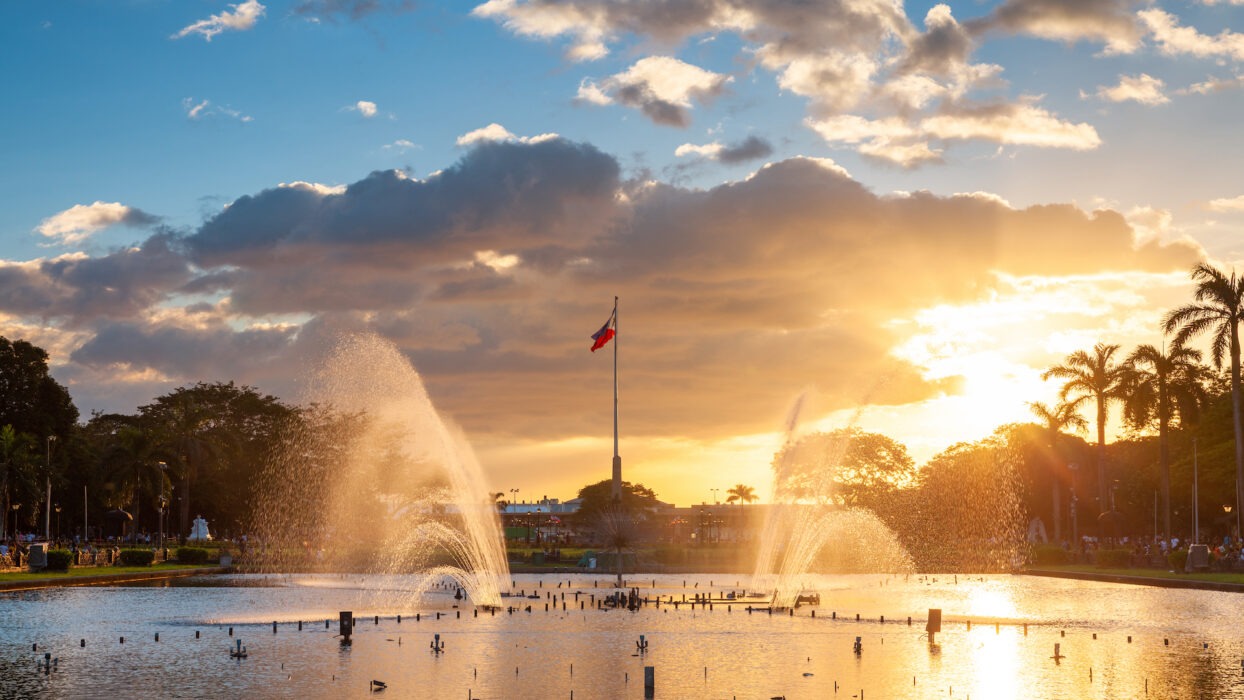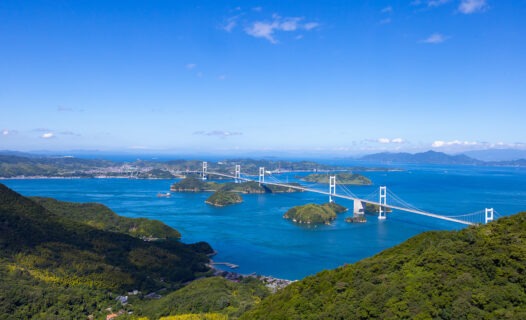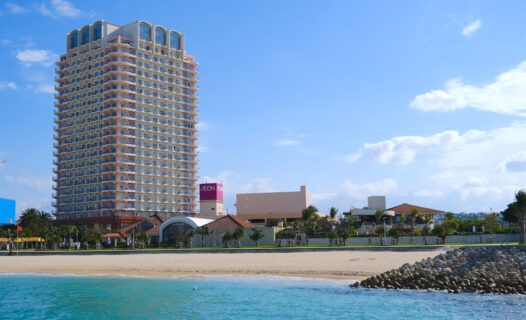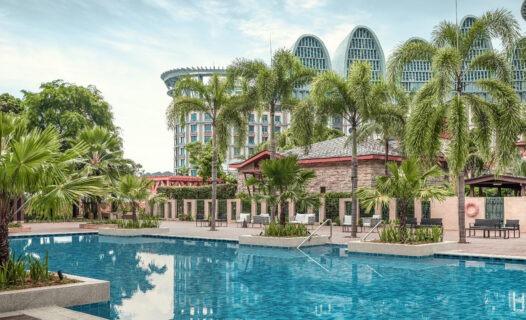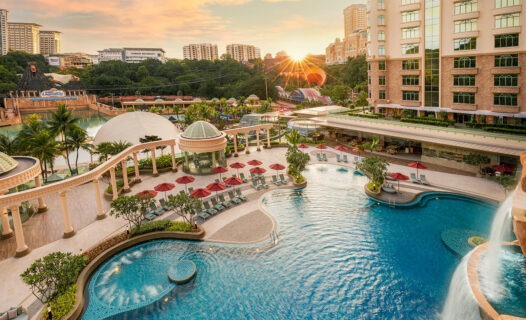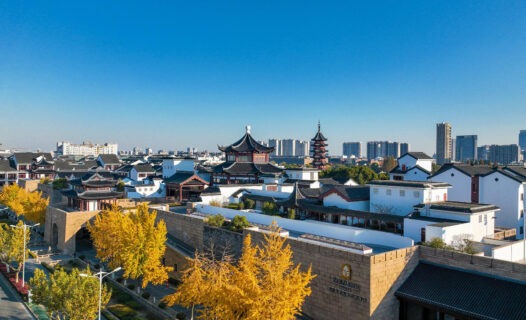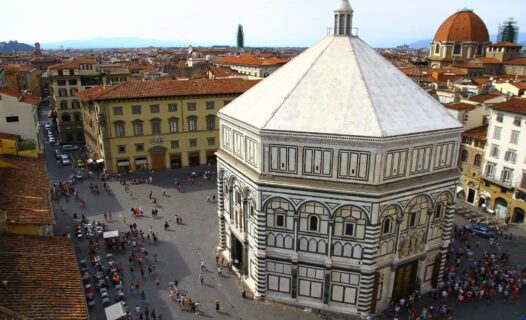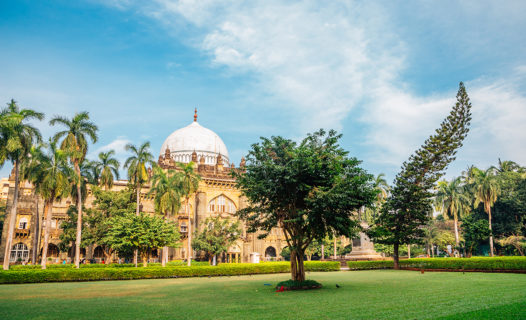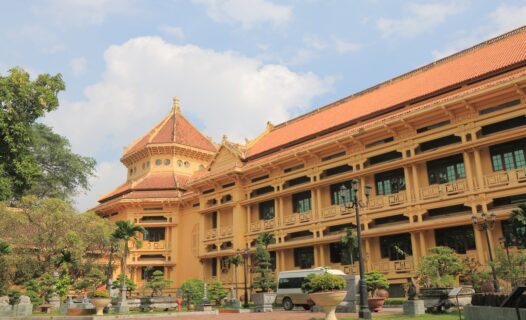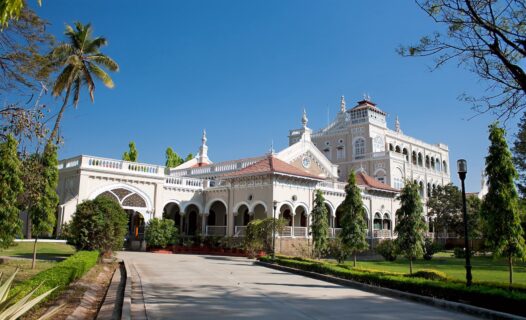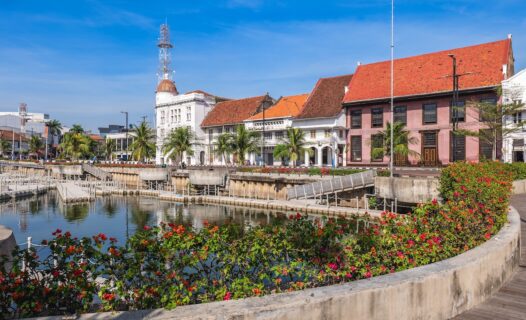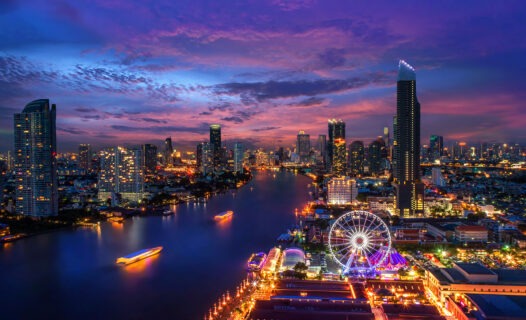Bonifacio Day, or Araw ni Bonifacio, is a significant national holiday in the Philippines, celebrated every 30th of November. It honors the birth and heroism of Andres Bonifacio, a pivotal figure in the Philippine revolution against Spanish colonization. This day is not just a public holiday but a celebration of Filipino pride and patriotism.
The Legacy of Andres Bonifacio
Andres Bonifacio, known as the “Father of the Philippine Revolution,” played a crucial role in the country’s fight for independence. As the founder of the Katipunan, a revolutionary society, Bonifacio’s leadership and vision were instrumental in igniting the flames of freedom among Filipinos. His legacy is celebrated nationwide, with various events and activities that reflect his enduring impact on Philippine history.
Historical Context and Significance
Bonifacio Day is more than just a commemoration of a national hero; it is a reminder of the struggles and sacrifices made for the country’s independence. The day is marked by ceremonies, parades, and educational events that highlight the importance of Bonifacio’s contributions to the nation’s history. It serves as an opportunity for Filipinos to reflect on their heritage and the values that define their identity.
Celebrating Bonifacio Day Across the Philippines
Bonifacio Day is celebrated with various activities and events across the Philippines. From historical reenactments to cultural performances, the day is filled with vibrant displays of Filipino heritage. In Manila, the capital city, events are often held at the Bonifacio Monument and Rizal Park, where people gather to pay tribute to the national hero.
Events and Activities
Throughout the country, schools and communities organize programs that include plays, parades, and educational talks about Bonifacio’s life and the Philippine revolution. These activities aim to educate the younger generation about the significance of Bonifacio’s contributions and inspire them to uphold the values of courage and patriotism.
Visiting Historical Sites
For those interested in exploring the historical aspects of Bonifacio Day, visiting key sites associated with Andres Bonifacio is a must. The Bonifacio Shrine in Manila and the Museo ng Katipunan in Maragondon, Cavite, offer insights into his life and the revolutionary movement he led. These sites provide a deeper understanding of the struggles faced by Filipinos in their quest for independence.
Celebrating Bonifacio Day Across the Philippines
Bonifacio Day is celebrated with various activities and events across the Philippines. From historical reenactments to cultural performances, the day is filled with vibrant displays of Filipino heritage. In Manila, the capital city, events are often held at the Bonifacio Monument and Rizal Park, where people gather to pay tribute to the national hero.
Events and Activities
Throughout the country, schools and communities organize programs that include plays, parades, and educational talks about Bonifacio’s life and the Philippine revolution. These activities aim to educate the younger generation about the significance of Bonifacio’s contributions and inspire them to uphold the values of courage and patriotism.
Visiting Historical Sites
For those interested in exploring the historical aspects of Bonifacio Day, visiting key sites associated with Andres Bonifacio is a must. The Bonifacio Shrine in Manila and the Museo ng Katipunan in Maragondon, Cavite, offer insights into his life and the revolutionary movement he led. These sites provide a deeper understanding of the struggles faced by Filipinos in their quest for independence.
Culinary Delights and Local Flavors
Bonifacio Day is also an opportunity to indulge in the rich culinary traditions of the Philippines. Many local eateries and restaurants offer special dishes that reflect the country’s diverse flavors. From traditional Filipino breakfasts to sumptuous feasts, the day is a celebration of both history and gastronomy.
Must-Try Dishes
Visitors can savor classic Filipino dishes such as adobo, lechon, and pancit. Street food stalls offer a variety of snacks like balut and isaw, providing a taste of local culture. These culinary experiences are a delightful way to connect with the Filipino way of life.
Exploring Local Markets
Exploring local markets is a great way to experience the vibrant food scene. Markets like the Salcedo Saturday Market in Makati and the Legazpi Sunday Market offer a wide array of fresh produce, artisanal products, and traditional Filipino delicacies. These markets are perfect for those looking to immerse themselves in the local culture and cuisine.
Bonifacio Day is a profound celebration of heroism, history, and heritage in the Philippines. It offers a unique opportunity to explore the rich cultural tapestry of the nation, from historical landmarks to culinary delights. Whether you’re a local or a traveler, participating in the festivities provides a deeper appreciation of the Filipino spirit and the enduring legacy of Andres Bonifacio.
As you plan your visit, immerse yourself in the vibrant traditions and stories that make Bonifacio Day a memorable experience. Celebrate the courage and patriotism that continue to inspire generations, and discover the beauty and resilience of the Philippines.

